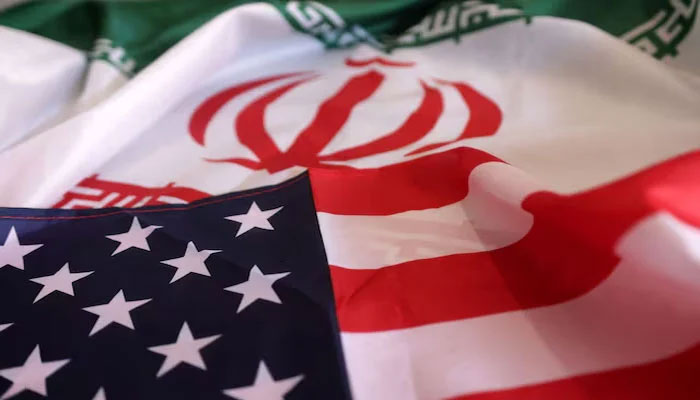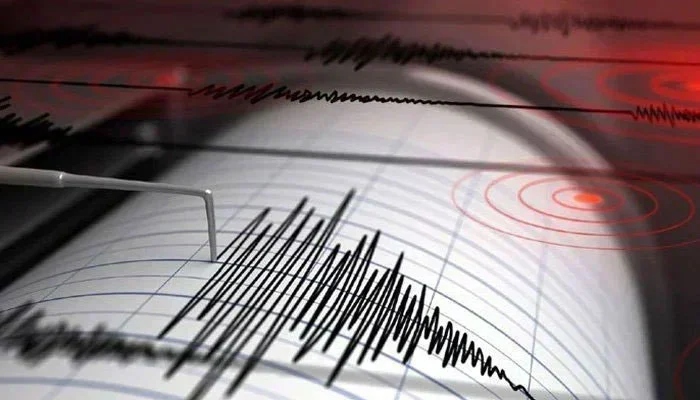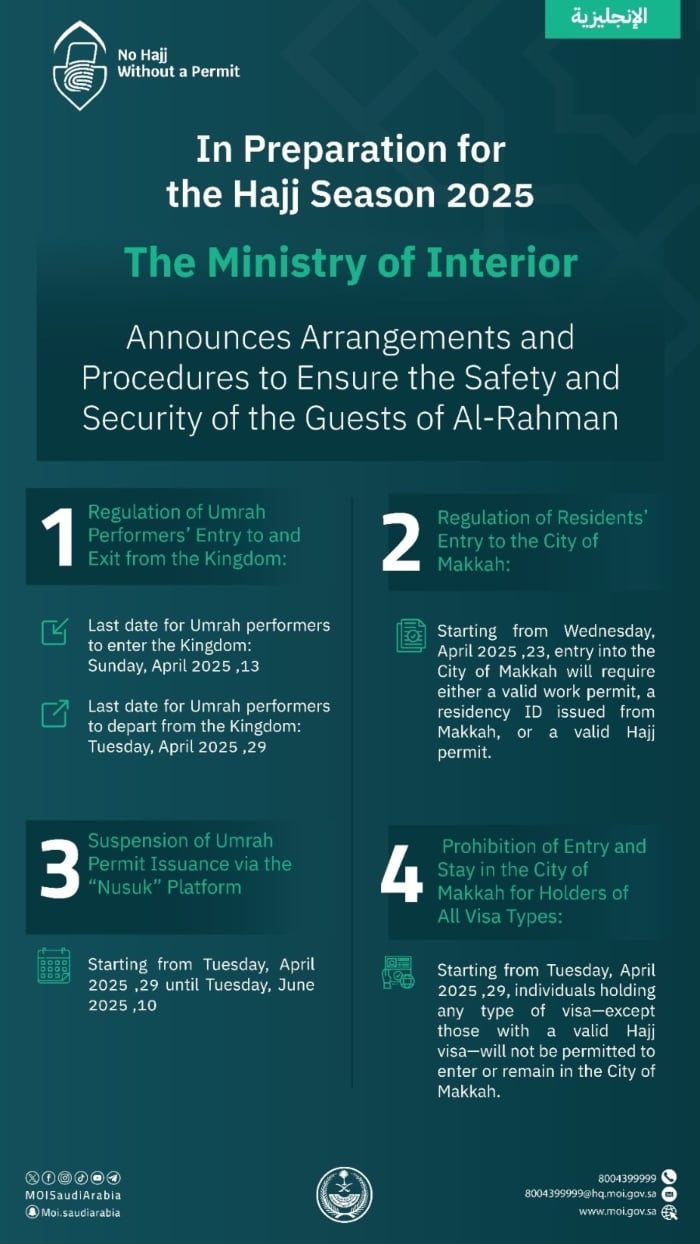WASHINGTON: President Donald Trump remains in excellent health and his high cholesterol is “well controlled,” White House physician US Navy Captain Sean Barbella said in a report released on Sunday, two days after Trump underwent a routine physical.
The report is the most detailed information on the health of Trump, 78, since he returned to the White House in January as the oldest person to assume the US presidency.
“President Trump exhibits excellent cognitive and physical health and is fully fit to execute the duties of the Commander-in-Chief and Head of State,” Barbella wrote in his report.
The report noted that Trump has a history of “well-controlled” high cholesterol and is taking two medications to address it.
The report also noted that Trump has scarring on his right ear, the result of a gunshot wound he suffered when a would-be assassin fired at him during a campaign rally in Pennsylvania last year.
The report said his hearing was normal.
Trump’s campaign released a report after the assassination attempt last year concluding the injuries were superficial.
“It went, I think, well. […] Every test you can imagine, I was there for a long time, the yearly physical,” Trump told reporters aboard Air Force One on Friday after the exam. “I think I did well.”
Barbella’s report also references Trump’s history with COVID-19. Trump was hospitalised during a serious bout with the virus in October 2020 during his run for reelection.
It noted that Trump takes two medications to control cholesterol — rosuvastatin and ezetimibe, generic names of the branded drugs Crestor and Zetia — and uses a mometasone cream to control rosacea, a condition that can cause redness in the face, as well as aspirin.
Vaccines up to date
It also mentions that Trump has received all recommended vaccines. Trump has in the past spread debunked claims about links between vaccines and autism often mentioned by his Health Human Services Secretary Robert F Kennedy Jr Kennedy has also cast doubt on the safety and efficacy of vaccines during a large, ongoing US measles outbreak, contrary to established science, but has also said the vaccine is the best way to prevent the virus’ spread.
Trump told reporters he took a cognitive test because he wanted to “be a little different” than his predecessor, former President Joe Biden, now 82.
Trump scored 30 out of 30 on the test, known as the Montreal Cognitive Assessment, Barbella’s report noted.
Trump sought to draw a contrast with Biden during his presidential campaign last year, portraying himself as younger and fitter. A disastrous debate performance from Biden last year raised questions about his acuity and ultimately forced him from the presidential race.
Biden’s doctors repeatedly deemed him fit to serve, but several books published in recent months have raised questions about his mental fitness in his final months in the White House.
Barbella’s report on Trump concludes that his “active lifestyle” contributes to his health, referencing daily meetings, press events and “frequent victories in golf events.”

_updates.jpg)

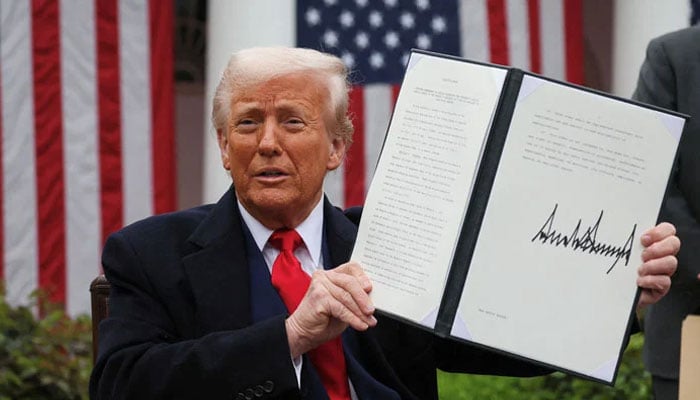

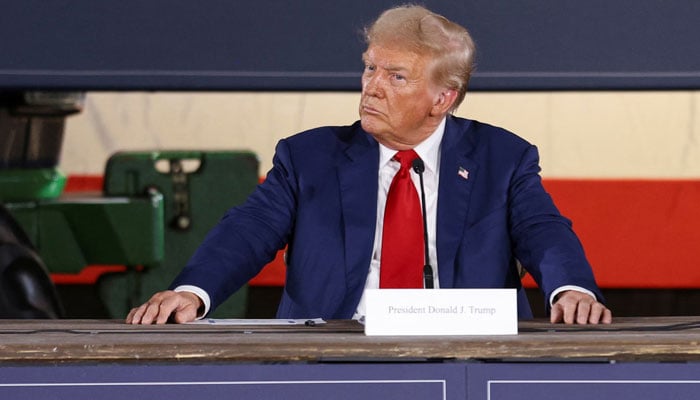

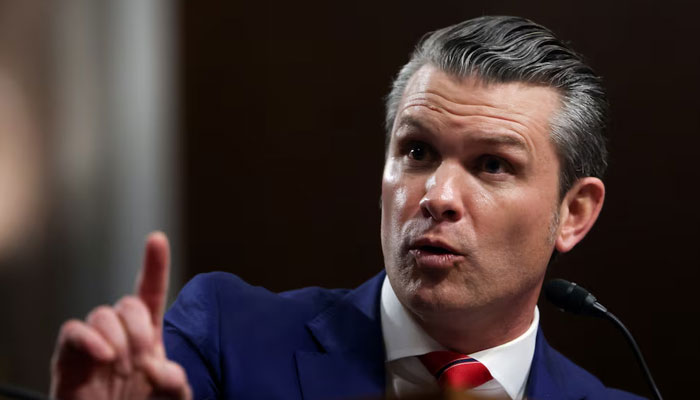

_updates.jpg)

